Photographs: Reuters
ONGC, a Fortune Global 500 company and one of the highest profit-making corporation in India, has been rated by the watchdog in three specific areas: reporting on anti-corruption programmes, organisational disclosure (disclosure of operations, subsidiaries and partners) and country-level disclosure of financial and technical data.
The findings of the Promoting Revenue Transparency: 2011 Report on Oil and Gas Companies, published by Transparency International in partnership with Revenue Watch, are intended to serve as a benchmark for corporate reporting by the sector.
The report identifies current practices and areas for improvement and provide recommendations for enhancing transparency and accountability in reporting.
...
Transparency watchdog rates ONGC's openness
Image: ONGC scores low in anti-graft ranking.Photographs: Reuters
Transparency International says more and more, oil and gas companies are adopting and making publicly available anti-corruption programmes, the content of which is becoming increasingly similar.
Nevertheless, there are many companies that still do not publish their anti-corruption codes, policies or measures, it said.
...
Transparency watchdog rates ONGC's openness
Image: BG sits at the top in this section.Photographs: Reuters
Transparency watchdog rates ONGC's openness
Image: ONGC tops national companies in this section.Photographs: Reuters
Public disclosure of partnerships and subsidiaries, including their countries of incorporation, are key elements of organisational disclosure.
The average results in this section are relatively high. ONGC has beaten other national oil companies in this section and is ranked third behind BG and BHP Billiton.
...
Transparency watchdog rates ONGC's openness
Image: BP is ranked fourth behind ONGC.Photographs: Reuters
Disclosure of equity or field partners in upstream operations, however, remains infrequent, despite the fact that equity minority partnerships often present corruption risks.
The oil major BP is ranked fourth behind ONGC, BHP Billiton and BG in this section.
...
Transparency watchdog rates ONGC's openness
Image: Statoil tops the list in this section.Photographs: Reuters
Country-level disclosure on international operations has improved since the 2008 PRT report when only a handful of companies published information.
Reporting on production levels has become a broadly accepted standard and there are examples of good disclosure for financial data and reserves.
Nonetheless, in spite of this positive trend, country-level disclosure on international operations remains weak; this type of disclosure received the lowest average score of the three categories covered in the report.
Many companies do not disclose any financial data on a disaggregated country-level. Norwegian oil company Statoil is ranked number one in this section.
...
Transparency watchdog rates ONGC's openness
Image: PetroChina is at the bottom of the list.Photographs: Reuters
In the same host countries, often described as "difficult environments", some companies disclose extensive information, while the others disclose little or none at all.
PetroChina is at the bottom of the list, while ONGC is ranked behind Petrobras and Statoil.
...
Transparency watchdog rates ONGC's openness
Image: TI asks companies to be more open.Photographs: Reuters
1. Detailed anti-corruption programmes should be publicly available
2. Companies should undertake voluntary independent assurance of anti-corruption programmes
3. Companies should publish details of their subsidiaries and fields of operations
4. Oil and gas companies should increase their reporting on a country-by-country basis
...
Transparency watchdog rates ONGC's openness
Image: TI wants standards in accounting.Photographs: Reuters
5. Companies should join the Extractive Industries Transparency Initiative
6. Companies should create and maintain up-to-date corporate websites
7. All national oil companies should introduce internationally or generally accepted accounting standards, as well as publish independently audited accounts
8. The relationships between home governments and national oil companies should be clear and publicly disclosed
...

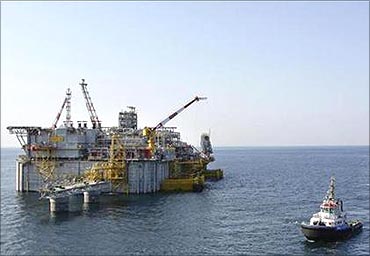

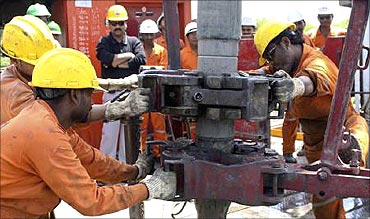
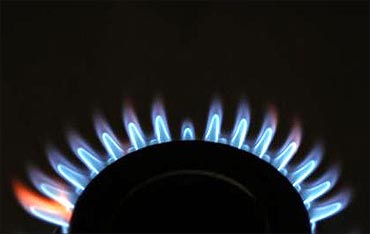

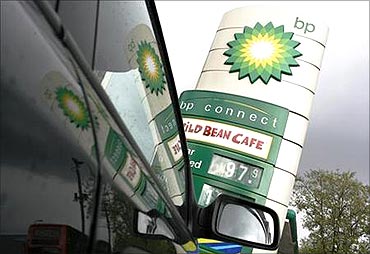
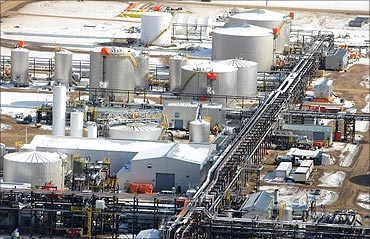
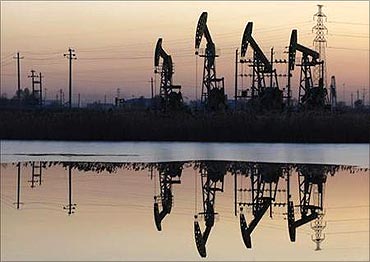
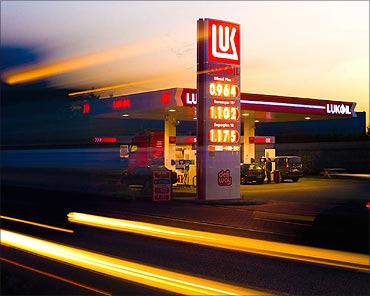
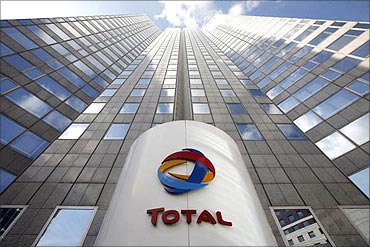
article